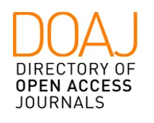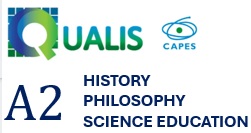Canguilhem and the Logic of Life
DOI:
https://doi.org/10.24117/2526-2270.2018.i4.06Keywords:
Canguilhem, Vitalism, Biology, Logic of life, Autopoietic/Heteropoietic, Analysis/Synthesis, Living individualAbstract
In this paper we examine aspects of Canguilhem’s philosophy of biology, concerning the knowledge of life and its consequences on science and vitalism. His concept of life stems from the idea of a living individual, endowed with creative subjectivity and norms, a Kantian view which “disconcerts logic”. In contrast, two different approaches ground naturalistic perspectives to explore the logic of life (Jacob) and the logic of the living individual (Maturana and Varela) in the 1970s. Although Canguilhem is closer to the second, there are divergences; for example, unlike them, he does not dismiss vitalism, often referring to it in his work and even at times describing himself as a vitalist. The reason may lie in their different views of science.Downloads
Published
2018-06-10
Issue
Section
Dossiers (Issue-specific topics)
License
Copyright (c) 2018 Arantza Etxeberria, Charles T. Wolfe

This work is licensed under a Creative Commons Attribution 4.0 International License.
How to Cite
“Canguilhem and the Logic of Life”. 2018. Transversal: International Journal for the Historiography of Science, no. 4 (June). https://doi.org/10.24117/2526-2270.2018.i4.06.












